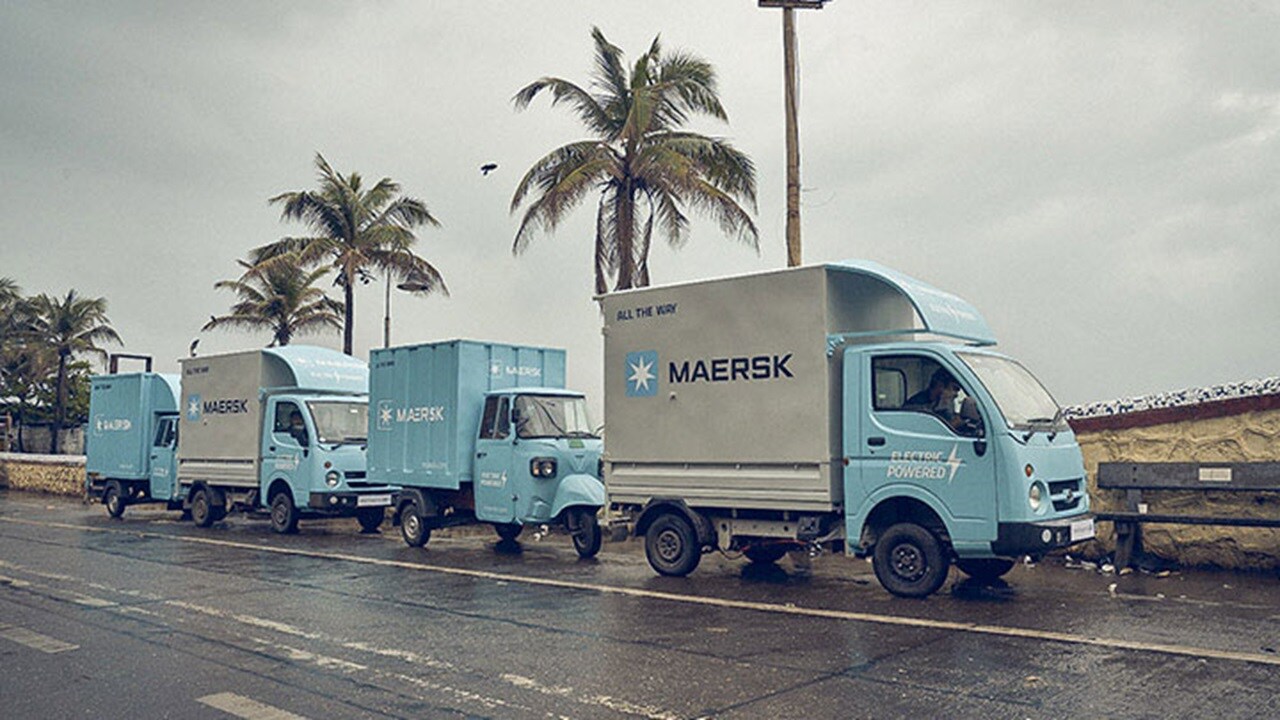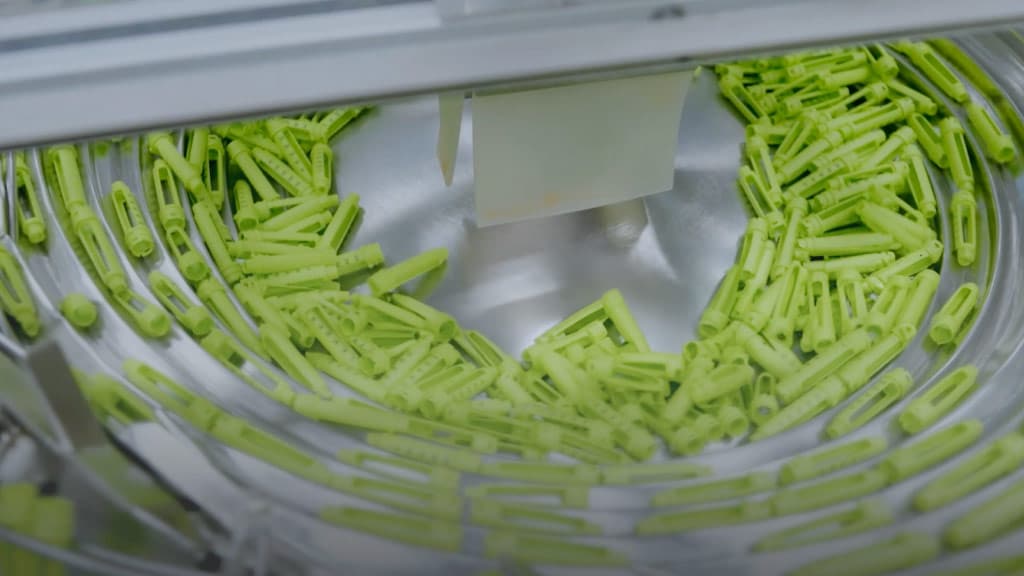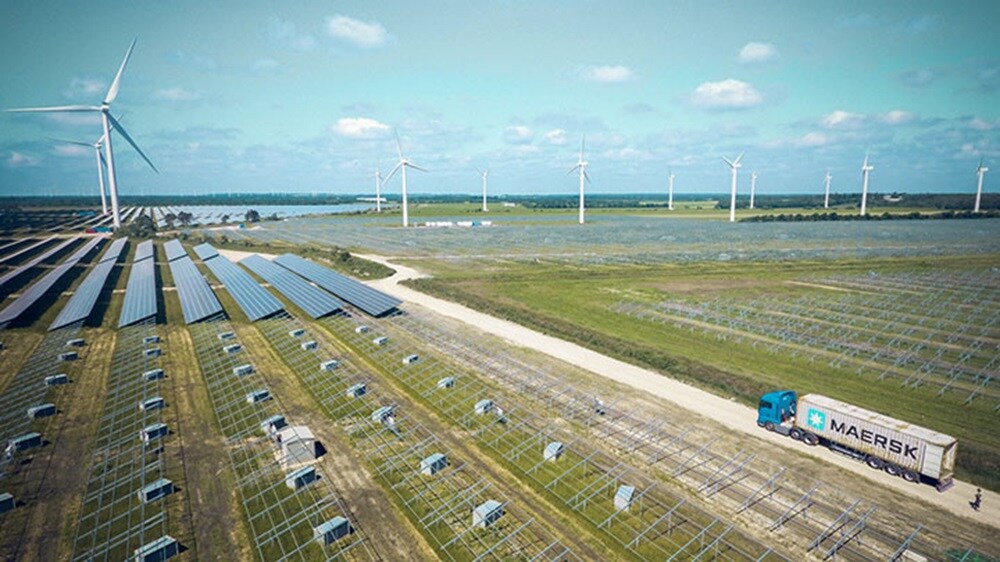
Sustainability at A.P. Moller - Maersk
Maersk’s environmental, social and governance commitments to sustainable, responsible global supply chains
Maersk customer solutions
By understanding our customers, we can deliver solutions that help achieve business goals and decarbonisation ambitions at a pace that fits their needs. Many of our strategic customers have committed to science-based targets, making it essential to maintain visibility of logistics-related greenhouse gas (GHG) emissions and take practical steps toward reduction.
Maersk supports this journey by offering data-driven tools to track emissions and solutions that enable customers to allocate measurable GHG emissions savings without disrupting operations.

Maersk ECO Delivery

Emissions Studio
*Maersk defines lower-emissions fuels as fuels with at least 65% reductions in GHG emissions on a lifecycle basis compared to fossil of 94 g CO2e/MJ, calculated following REDII methodology.
Co-innovating with our customers
Decarbonising logistics
Beyond decarbonisation
By combining global reach, data-driven insights, and verified solutions, we help our customers move towards achieving their greenhouse gas targets. But sustainability goes beyond decarbonisation impacts. That’s why we work with our customers to support responsible business practices across all relevant ESG areas. See our latest Annual Report for more information on progress towards environmental, social and governance commitments.

Annual Report 2025




